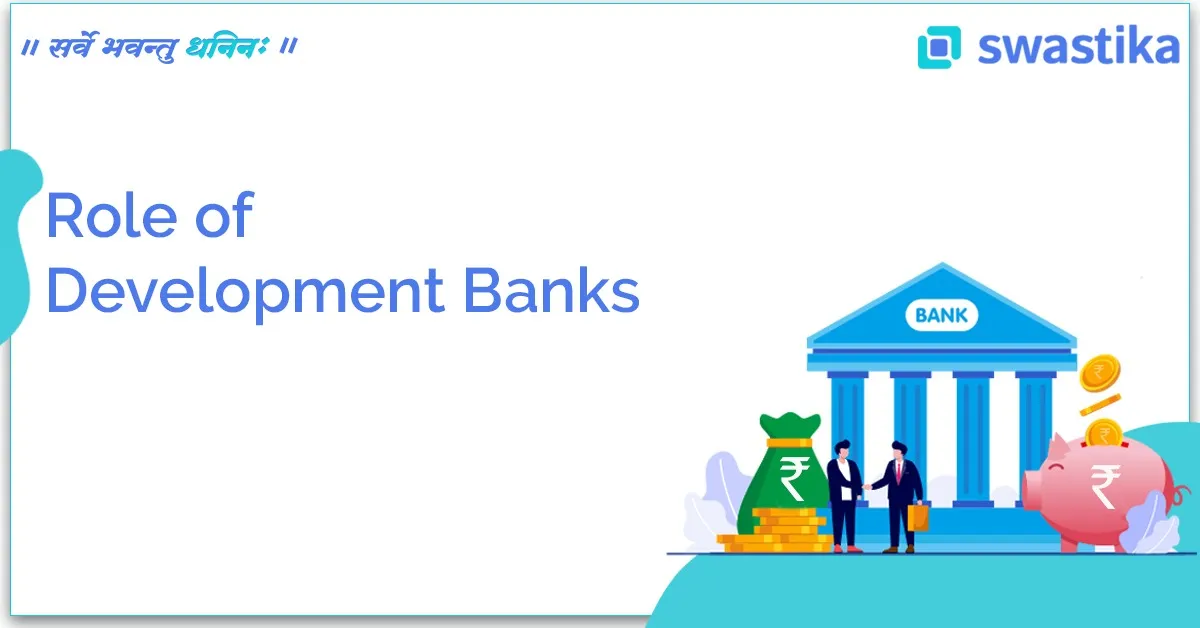TCS Q2 Results Breakdown: How the IT Giant Is Preparing for the Next Phase of AI Growth, — The Road Ahead for Investors.

Key Takeaways
- TCS reported a net profit of ₹12,075 crore and revenue of ₹65,799 crore in Q2 FY25.
- The company is heavily investing in AI and digital infrastructure, including a 1 GW AI data center in India.
- Focus on AI-driven efficiency and innovation marks the next growth phase for TCS.
- The move supports India’s Digital and AI mission, positioning TCS as a global AI enabler.
- Investors can see long-term opportunities across IT, infrastructure, and AI-linked sectors.
TCS Q2 Performance: Stable Results Amid Global Uncertainty
Tata Consultancy Services (TCS), India’s largest IT services exporter, reported its Q2 FY25 results showing a blend of stability and strategic foresight.
The company delivered a net profit of ₹12,075 crore, up on a sequential basis, while revenue stood at ₹65,799 crore, reflecting resilience despite global IT demand moderation.
TCS’s operating margins showed improvement, driven by cost discipline and efficiency gains through automation. The company also maintained a strong order book, backed by new deals in BFSI, healthcare, and manufacturing.
While global IT peers face cautious client spending, TCS’s strength lies in its diversified portfolio and long-term contracts. The Q2 results prove that TCS is not just surviving the slowdown — it’s preparing for its next big leap: Artificial Intelligence.
TCS’s AI Strategy: Building the Future, Not Just Coding It
Beyond the numbers, the real story this quarter is TCS’s strategic investment in AI and data infrastructure.
The company announced a plan to set up a 1 gigawatt (GW) AI data center in India, a first-of-its-kind move that underlines its long-term vision.
This data center will provide computational power for AI model training, cloud services, and enterprise-level AI solutions — enabling faster adoption of generative AI technologies by clients across industries.
TCS has also been integrating AI tools in software development, customer analytics, and operational automation, leading to both cost savings and productivity gains.
By combining its deep domain expertise with AI capabilities, TCS aims to build AI-first solutions that enhance efficiency and decision-making for clients globally.
This aligns with India’s growing ambition to become a global AI hub under initiatives like the IndiaAI Mission 2024, which encourages domestic companies to invest in data infrastructure and AI ecosystems.
How TCS’s AI Move Impacts the Broader Indian Market
TCS’s AI investment isn’t limited to IT — it’s creating ripple effects across multiple sectors.
For instance, the proposed 1 GW data center will require massive real estate, power, and cooling infrastructure, indirectly boosting real estate, renewable energy, and infra companies.
This has already been reflected in the short-term rally seen in real estate and REIT stocks, particularly those with exposure to tech cities like Bengaluru, Hyderabad, and Pune.
Moreover, this move signals a shift in India’s economic structure — where digital and physical infrastructure are now interdependent.
The power sector, especially renewable energy, could benefit as data centers demand sustainable energy sources to reduce carbon footprint.
In essence, TCS’s AI journey represents a multi-sector opportunity, from IT and infra to energy and property.
Global Context: Competing in the AI Race
Globally, technology leaders like Microsoft, Google, and Amazon are racing to expand their AI and cloud infrastructure.
TCS’s latest move places it firmly in that global race — not as a follower but as a strategic contributor in enabling enterprise-level AI in emerging markets.
India, with its young tech workforce and cost advantage, is ideally positioned to become a data processing powerhouse, and TCS is at the center of that transformation.
By expanding domestic data capacity, TCS not only enhances its competitiveness but also strengthens India’s data sovereignty and compliance with local data storage regulations under MeitY (Ministry of Electronics and Information Technology).
Investor Takeaways: What This Means for the Market
TCS’s Q2 results and AI strategy send a clear message to investors — the company is building for the next decade, not just the next quarter.
Short-Term Outlook:
- Stock performance may remain steady as markets digest global IT demand trends.
- AI infrastructure news may continue to boost sentiment for IT and infra-linked sectors.
Long-Term Outlook:
- TCS’s AI investments could unlock sustainable growth over the next 3–5 years.
- Investors may consider accumulating positions gradually for long-term wealth creation.
- The rise in AI and digital infrastructure demand could support cross-sector investments, including real estate and power.
Regulatory & Economic Backdrop
India’s focus on digital transformation, supported by programs like Digital India and AI Mission 2047, provides a favorable ecosystem for such developments.
Additionally, SEBI’s continued push for transparency and investor protection helps maintain confidence in listed IT majors like TCS.
This convergence of policy support, technology innovation, and financial stability is shaping India’s next growth phase — and TCS is one of its key architects.
FAQs
Q1: How did TCS perform in Q2 FY25?
TCS reported a net profit of ₹12,075 crore and revenue of ₹65,799 crore, maintaining healthy margins and consistent deal flow.
Q2: What is the significance of TCS’s 1 GW AI data center plan?
It represents a large-scale commitment to AI infrastructure, supporting India’s digital economy and positioning TCS as a leader in AI-driven enterprise services.
Q3: How does TCS’s AI investment impact other sectors?
Data centers drive demand for land, power, and infra, benefiting real estate, renewable energy, and infrastructure stocks.
Q4: What is the investor outlook for TCS after Q2 results?
TCS remains a strong long-term play due to its robust fundamentals, AI leadership, and diversified business model.
Q5: How can investors capitalize on this trend?
By investing through trusted platforms like Swastika Investmart, which offers in-depth research, AI-based tools, and expert advisory to help investors identify emerging opportunities.
Conclusion: The Road Ahead for Investors
TCS’s Q2 results highlight more than financial strength — they reveal a company transforming itself for the AI-powered decade ahead.
Its investments in AI, automation, and data infrastructure are setting new benchmarks for the Indian IT industry while opening growth avenues for sectors like real estate, energy, and infrastructure.
For investors, this is the right time to stay informed, diversify, and think beyond short-term volatility.
Partnering with Swastika Investmart, a SEBI-registered brokerage known for its robust research tools, personalized support, and investor education initiatives, can help you stay ahead in this evolving landscape.
👉 Open your investment account with Swastika Investmart today:
https://trade.swastika.co.in/?UTMsrc=TCSQ2Results


.png)



.webp)
.webp)

.webp)






